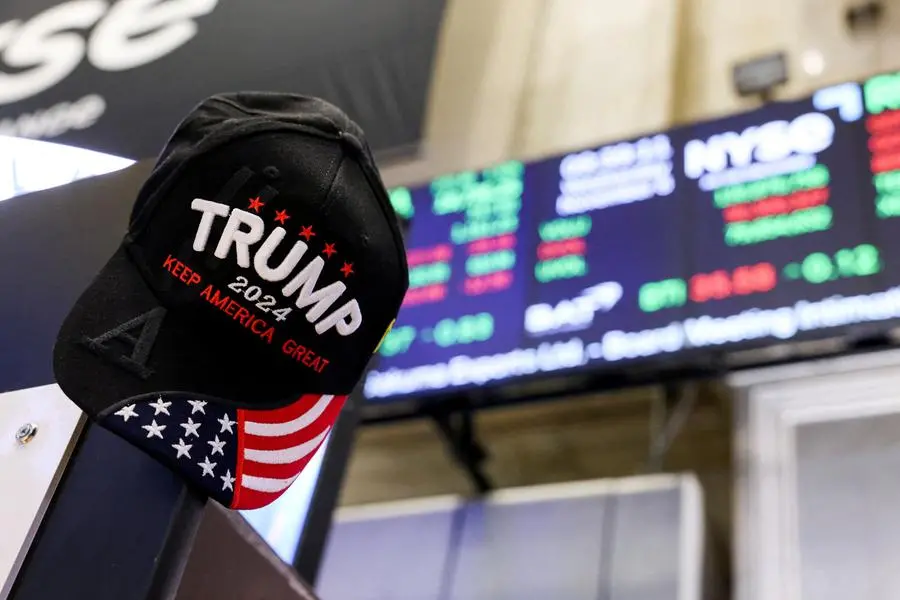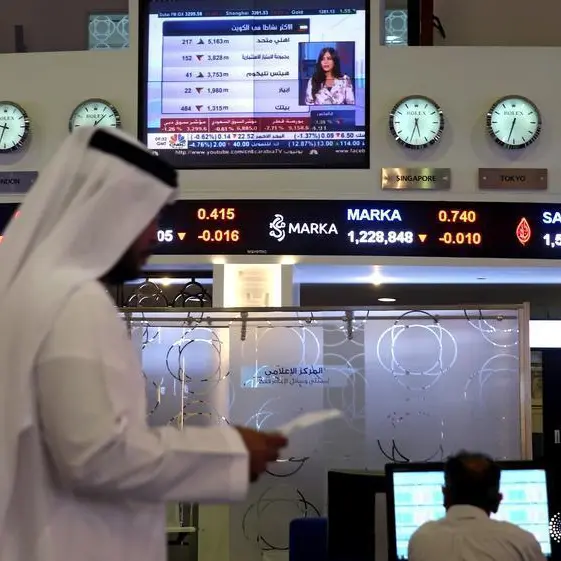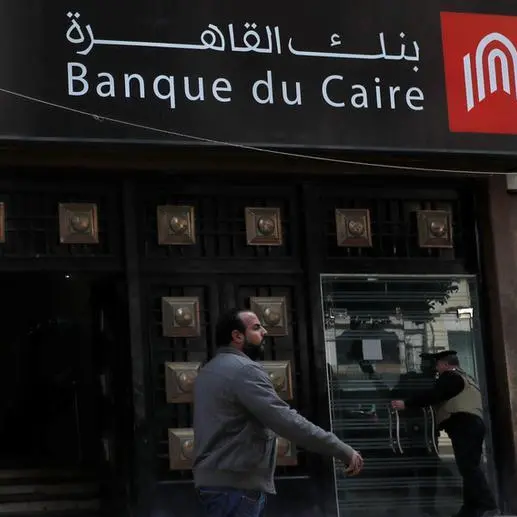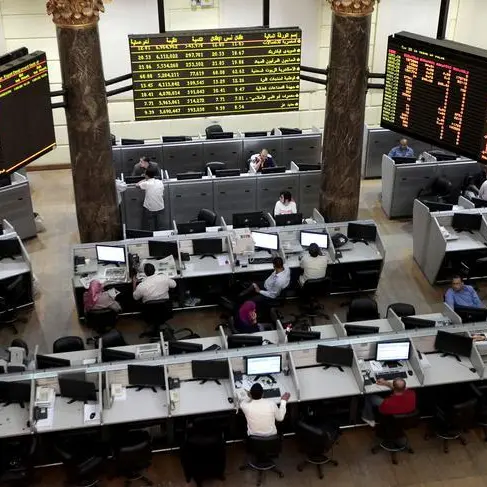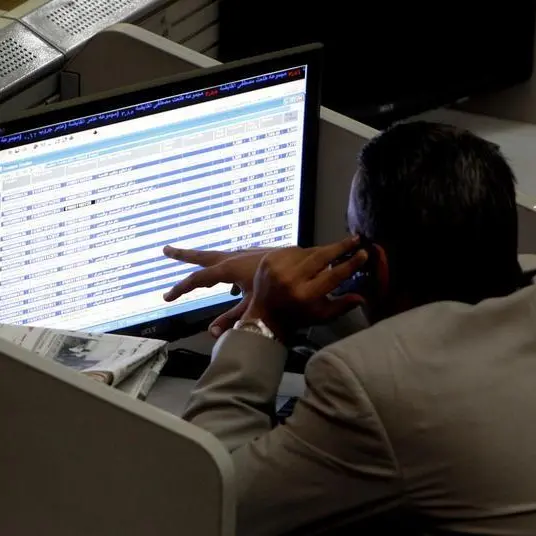PHOTO
LONDON - Global shares headed on Friday for their best month since May as hopes for strong U.S. growth and the artificial intelligence (AI) investment boom outweighed concerns about political upheaval and economic slowdown in Europe.
MSCI's broad gauge of world stocks traded steady to hold its 3.2% monthly gain, led by Wall Street's S&P 500, which futures markets implied would rise again later on Friday.
Europe's STOXX share index drifted lower in early dealings but was on track for a modest monthly gain, while Asian equities remained out of favour as U.S. President-elect Donald Trump's proposed tariffs weighed on exporter nations' prospects.
Trump's Nov. 5 election victory and pledges of tax cuts, deregulation and import tariffs have supercharged investors' expectations for U.S. and Wall Street stocks to keep outperforming other regions.
"The U.S. economy remains resilient. Employment is strong, inflation is easing and interest rates are beginning to decline," J.Stern & Co chief investment officer Christopher Rossbach said.
He anticipated further gains for AI-related stocks, including dominant chipmaker Nvidia.
Futures trading implied Wall Street's blue-chip S&P 500 share index would rise 0.3% in early dealings, adding to its 5.1% monthly rise.
Trump has pledged immediate 25% tariffs on all products from Mexico and Canada when he takes office in January and an additional 10% on imports from China, a major trading partner for Asian economies and euro zone export powerhouse Germany.
Indonesian shares have dropped 5% during November in their worst month since September 2020 while South Korean shares have slumped 3.9% lower to mark a five-month losing streak, the longest since 2021.
European stocks have also been hit by tariff fears and a bleak economic outlook, balanced out by anticipated European Central Bank rate cuts.
The euro has slid more than 3% against the dollar this month to $1.058 and benchmark German government bond yields have fallen for four straight weeks as debt prices rallied to reflect anticipated monetary easing.
The 10-year German yield was steady at 2.113% on Friday morning after falling 27 bps this month, widening the gap with France where yields this week touched their highest over Germany's since 2012.
France's 10-year yield on Friday traded at around 2.96%, just a fraction below benchmark borrowing costs in Greece .
The compensation investors demand for lending to France over Germany now stands at 83 bps, up from about 48 bps before President Emmanuel Macron called a snap election in June that resulted in a strong far-right vote and hung parliament.
Far-right leader Marine Le Pen has this week ramped up threats to topple France's fragile coalition government as Prime Minister Michel Barnier's struggles to win support for tax hikes and spending cuts designed to shrink a huge budget deficit.
Market bets on the euro dropping to $1 or lower have also eased this week as the index tracking the dollar against its major peers lost 1.5%, although analysts expect the euro-dollar exchange rate to turn more volatile from here.
Traders have fully priced a 25-bps European Central Bank rate cut to 3% in December, although hawkish remarks from board member Isabel Schnabel this week dampened speculation about a 50 bps reduction.
Ten-year U.S. Treasury yields, at 4.24% on Friday, are down 17 bps this week after Trump nominated hedge fund manager and Wall Street veteran Scott Bessent for Treasury Secretary, easing fears about excessive U.S. borrowing.
While Trump's import tariffs could boost U.S. inflation, Federal Reserve officials have turned cautious on rate cuts, though markets still anticipate they will reduce the funds rate, currently 4.5%-4.75%, by a quarter-point next month.
Elsewhere in markets, Japan's yen rose to its best week in four months, trading at 150.15 per dollar, as strong Tokyo inflation data fuelled bets for a Bank of Japan rate hike. Brent crude oil dropped 0.4% on Friday to $72.13 a barrel, heading for a more than 3% weekly drop as the Israel-Hezbollah ceasefire deal in Lebanon eased supply fears, while gold dropped 0.5% on the day to $2,655 an ounce.
(Reporting by Naomi Rovnick, additional reporting by Stella Qiu in Sydney and Ankur Banerjee in Singapore; editing by Mark Heinrich)
